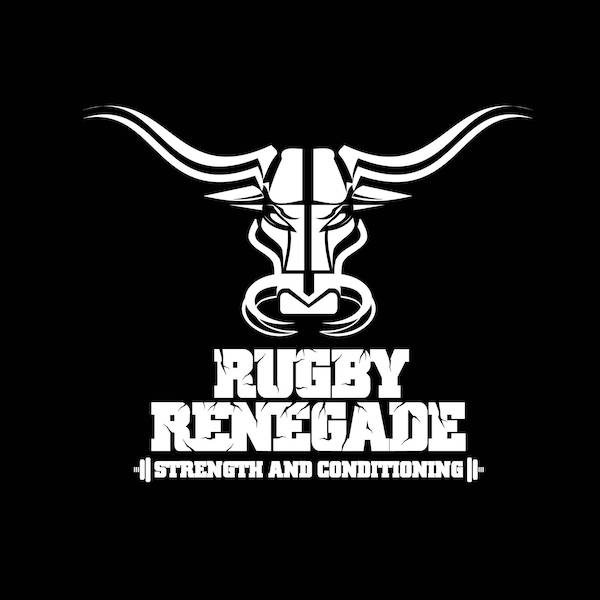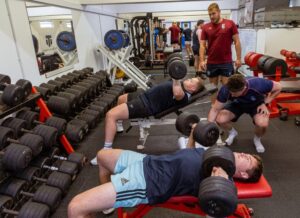Rugby is a physically demanding sport that requires a high level of fitness, strength, and endurance. To perform at their best, rugby players need to follow a strict training regimen that includes both strength and conditioning exercises. While it’s certainly possible to design your own training program and work out on your own, there are a number of reasons why having a strength and conditioning coach can be highly beneficial. In this article, we’ll explore some of the key reasons why rugby players need a coach to help them improve their rugby performance.
Individualized Training Programs
One of the biggest advantages of having a strength and conditioning coach is that they can design a training program that is tailored to your individual needs and goals. Everyone’s body is different, and what works for one player may not work for another. A coach can assess your strengths and weaknesses, take into account any injuries or physical limitations, and design a training program that will help you achieve your goals safely and effectively.
Accountability
One of the biggest challenges of working out on your own is staying motivated and accountable. It’s easy to skip a workout or cut corners when no one else is watching. A coach can help keep you accountable by tracking your progress, checking in with you regularly, and providing motivation and support along the way. Knowing that someone is watching your progress can be a powerful motivator and help you stay on track.
Proper Form and Technique
Performing exercises with proper form and technique is essential for maximizing results and minimizing the risk of injury. However, it can be difficult to know if you’re doing an exercise correctly if you don’t have someone there to guide you. A coach can help ensure that you’re using proper form and technique, and make adjustments as needed to help you get the most out of your workouts.
Injury Prevention
Injuries are a common concern for rugby players, and can often be caused by improper training techniques or overuse. A coach can help you prevent injuries by designing a training program that takes into account your individual strengths and weaknesses, as well as any prior injuries or physical limitations. They can also help you learn proper warm-up and cool-down techniques, and provide guidance on how to avoid common rugby injuries.
Progression and Adaptation
As you progress in your training, your body will adapt and you’ll need to continually challenge yourself in order to continue improving. A coach can help you progress your training in a safe and effective way, and make adjustments to your training program as needed. They can also help you adapt your training program to fit your changing goals and needs over time.
Goal Setting and Motivation
Having a clear set of goals can be highly motivating and help keep you focused and on track. A coach can help you set realistic goals that are aligned with your individual needs and abilities, and provide guidance and support as you work towards achieving them. They can also help you stay motivated and accountable by celebrating your successes and providing encouragement and support when things get tough.
In conclusion, while it’s certainly possible to design your own training program and work out on your own, having a strength and conditioning coach can be highly beneficial for rugby players. A coach can provide individualized training programs, keep you accountable and motivated, ensure proper form and technique, help prevent injuries, and provide guidance on progression and adaptation. By working with a coach, you can take your rugby performance to the next level and achieve your goals safely and effectively.
If you want access to such a plan created by coaches who’ve worked with the pros, checkout our Rugby Renegade Membership Program…




